This post contains affiliate links. Please see our disclosure policy.
Much like the anti-gluten craze, you may have heard people buzzing about eliminating dairy from their diet. Maybe you’ve seen vegan and dairy-free options lining the shelves of your grocery store, or you’ve thought about cutting dairy out of your diet to see if you are sensitive to it. Dairy is one of the eight most popular allergies in Americans, according to the Food and Drug Administration and the some of most common foods that people remove from their dairy free shopping list are milk, butter, cheese, cream cheese, yogurt, cream, sour cream and ice cream.
Someone suffering from lactose intolerance (like me) lacks the enzyme lactase, making the digestion of dairy impossible. Unlike an allergy, an intolerance isn’t life threatening, but comes with a plethora of uncomfortable symptoms. In other words, intolerance to milk and cheese won’t kill you, but it’ll make you incredibly uncomfortable.
Intolerances don’t involve the immune system, whereas allergies do, so many people with food intolerances or sensitivities never figure out what the cause of their symptoms is. The good news? You don’t need to accept your symptoms as an unfortunate reality of your life–you can fix them!
What are symptoms of a dairy sensitivity?
Symptoms of a dairy sensitivity range from skin issues to digestive issues. Often times, someone doesn’t realize they’re sensitive to dairy and attributes their symptoms to some other issue. It’s possible you have a dairy sensitivity if you suffer from one of the following symptoms:
- Acne, bumpy skin
- Cramps
- Watery eyes
- Itchy skin rashes
- Gas, bloating, digestive issues
- Frequent ear infections
- Congestion, runny nose, phlegm build up
- Asthma, difficulty breathing
- Frequent illness
- Difficulty losing weight
- Having colic as a baby
How do you cut dairy out of your diet?
If you suffer from one of the above symptoms and can’t seem to find the culprit, there’s a chance you suffer from a dairy sensitivity. Even as an experimental measure, it’s a great idea to eliminate dairy for two weeks to a month, and slowly reintroduce it. Some experts suggest two weeks, some a month. I’d suggest a month, just because it is a more thorough test.
This is called an elimination diet, which is exactly what it sounds like. You eliminate all of the foods that people are commonly sensitive to. Typically, one of these usual suspects is going to be the cause of your problems. Then, after your period of elimination, reintroduce one food at a time. So, for example, you’ll eat cheese. Then, if you see no reaction after two days, try it again. If you see your symptoms return, boom, you know you have a dairy intolerance. Simple as that!
Why would you cut dairy out of your diet?
If you need a little more encouragement to admit to yourself that cheese is no longer your best friend, but your enemy, these are 10 things that happen as a result of cutting dairy out if you’re sensitive. If you’re not dairy sensitive, this list can be read as an outline of reasons to consider limiting, or at least monitoring, your dairy intake!
1. Skin Improvements
For a lot of people, dairy triggers acne. Cow’s milk contains fat, sugars, and growth hormones that irritate your skin. I’ve struggled with sensitive, acne-prone skin for YEARS. Since I’ve cut dairy out of my diet, I can hardly believe the change in my skin. I was a cheese LOVER and pizza connoisseur, but the skin benefits alone of ditching dairy have outweighed the benefits of keeping it in my fridge ten fold.
2. Digestive Issues Resolved
Dairy products contain lactose, and if you have a dairy sensitivity you don’t have the enzyme (lactase) needed to digest it. This causes gastrointestinal distress, gas, and bloating.
3. Increased Energy Levels
So you’ve been bloated and congested and feeling sluggish? Duh! When I’m bloated or congested, the last place you’re going to find me is the gym (unless you find me in the steam room). Once you suppress these symptoms by eliminating dairy, you’re going to feel a major energy boost.
4. Bye Bye Bloat!
Your stomach can’t handle dairy as well as other foods, so filling it up with dairy is going to lead to swelling and discomfort. Dairy is also linked to constipation because of its major lack in fiber, another contributing factor to bloating.
5. Sayonara, Sniffles
If you’re a frequent user of Neti Pots, nasal sprays, or antihistamines because of your sinuses, dairy intolerance may be the solution to your issues. Dairy contributes to congestion. It’s not definitively scientifically proven, but lots of researchers think that dairy promotes the body’s production of mucus and worsens congestion, particularly during allergy season. My seasonal allergies are typically totally debilitating, but this past allergy season was a breeze after eliminating dairy. This doesn’t happen for everyone, but if you’re a seasonal allergy sufferer, you know anything is worth trying to end the days of sniffles, sneezes, and watery eyes!
6. Healthier Diet
Cheese is amazing. Plain and simple, and you’ll never hear me saying otherwise, despite what a plague it set upon my being while it was a staple in my (not-so-healthy) diet of yesteryear. But, it’s also a main ingredient in just about every overly indulgent unhealthy food. You’ll miss pizza and mac & cheese, of course, but it’ll all be worth it when you look and (more importantly) FEEL better. Avoiding dairy has forced me to really think about what I’m eating, to check ingredient labels, and to just generally be more conscious about what I’m putting into my body.
7. Weight Loss
Cutting dairy out of your diet is also cutting out a lot of excess sugars, saturated fats and salt. By reducing your dairy intake and instead selecting healthy alternatives, you’re going to lose weight. Get rid of the dairy and sub in lots of grains and veggies and you’ll be pleased with your results.
8. Cancer Prevention
Last year, Harvard joined many other researchers having published research saying that a high intake of dairy increased risk of prostate cancer (the most common cancer among men in the US) and ovarian cancer. According to the American Association for Cancer Research, Harvard did a study following 20,885 men for 11 years. They found that men ingesting 1 serving of dairy daily had a 34% higher chance of prostate cancer than those who were ingesting half the recommended amount.
9. Prevent Heart Disease
Heart disease is currently the leading cause of death in the United States. Consuming a lot of milk and cheese packs a lot of cholesterol and saturated fats into your diet, both of which are causes of heart disease.
10. Antibiotics & Hormones
According to studies, the mass production of milk requires cows to be stressed, which results in mastitis, which then calls for the cows to be on antibiotics, which end up in our milk. Additionally, synthetic hormones (such as recombinant bovine growth hormone, rBGH) are used to increase milk production in dairy cows, which also makes its way into our milk. Gross.
Are there dairy-free alternatives to sub into my diet?
It’s hard to imagine your life without milk and cheese when you are a dairy lover, even one who suffers from some of the unfortunate side effects of a dairy sensitivity. It’s also hard to imagine what on earth you’ll eat if not dairy. Lucky for you, there have literally never been so many dairy substitutes available as there are right now. Just wander down the aisles of your local Whole Foods, Trader Joe’s, or health food co-op and you’ll see a slew of dairy-free alternatives (ice creams, milks, creamers, even CHEESE). If you’re lucky, you may live in a city with a place like The Herbivorous Butcher, like we have in Minneapolis. This is a vegan butcher shop that sells a wide range of meatless-meats and dairy free cheeses. With just a little bit of research, you’ll be able to arrange a delicious dairy free diet.
Margarine is also a great substitute for butter (though you should attempt to find some like Earth & Balance coconut spread or others low in saturated fats and chemicals) and vegan yogurts like Siggi’s and SO Delicious dairy free coconut milk yogurt are great options that you can find in select grocery stores.
What mistakes are commonly made when eliminating dairy from one’s diet?
1. Forcing Substitutions
A major mistake a lot of people make when they take something, like dairy, out of their diet is seeking out substitutes. Some are fine, but some are just as bad as whatever you had cut out!
Solution: Do your research and read your labels! Be sure to avoid dairy substitutes that are high in sugar, saturated fat or list lots of chemicals on the ingredients list.
2. Subbing in lots of soy
Soy is present in basically all processed foods. Avoiding soy means you’ll essentially be avoiding processed foods (Win!) but there are also big benefits to limiting your soy intake, which may be a slight challenge for you while you’re new to the dairy-free lifestyle. Soy is very often genetically modified, and contains a highly concentrated amount of phytoestrogen. Ingested in excess, phytoestrogen overload “can create some of the devastating effects of estrogen overload in both men and women” (Everydayhealth.com). Soy has also been documented to reduce thyroid function and sperm count in men.
Solution: READ THE LABELS! This is the easiest solution. Read, read, read. Sometimes soy hides under pseudonyms like “textured vegetable protein”, so make sure you read closely. If you do so, you’re bound to quickly grab hold of what you’re putting into your body.
3. Taking dairy out of your diet is removing a major probiotic.
Solution: An easy fix? Find a probiotic that fits into your new diet. There are TONS of products to aid in your digestive health! Kombucha, sauerkraut, kefir, fermented foods..the list goes on and on! You can also find probiotic pills if the food and beverage options don’t appeal to you.
4. Not eating the right foods in place of where you were eating dairy. IE: Your diet takes a hit, rather than gets better, because you’re unaware of what you should be eating.
Solution: do your research! The internet is a beautiful thing, and there’s no excuse for not understanding your own dietary needs .Smart phones have allowed us a new level of research capability, doable even from the aisles in your local grocery store. It’s your body, it’s worth an extra minute of research!
In Get Healthy U’s extensive recipe log, there are numerous dairy-free recipes! From dips to desserts and everything in between! Here are 5 of my favorites!
Paleo Ranch Dressing
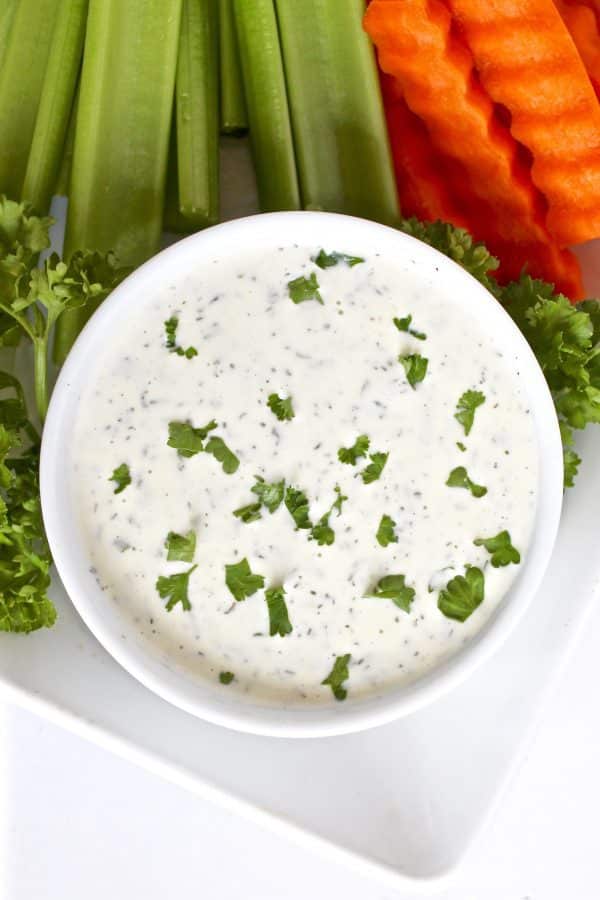
Banana Bread Chocolate Chip Breakfast Bars
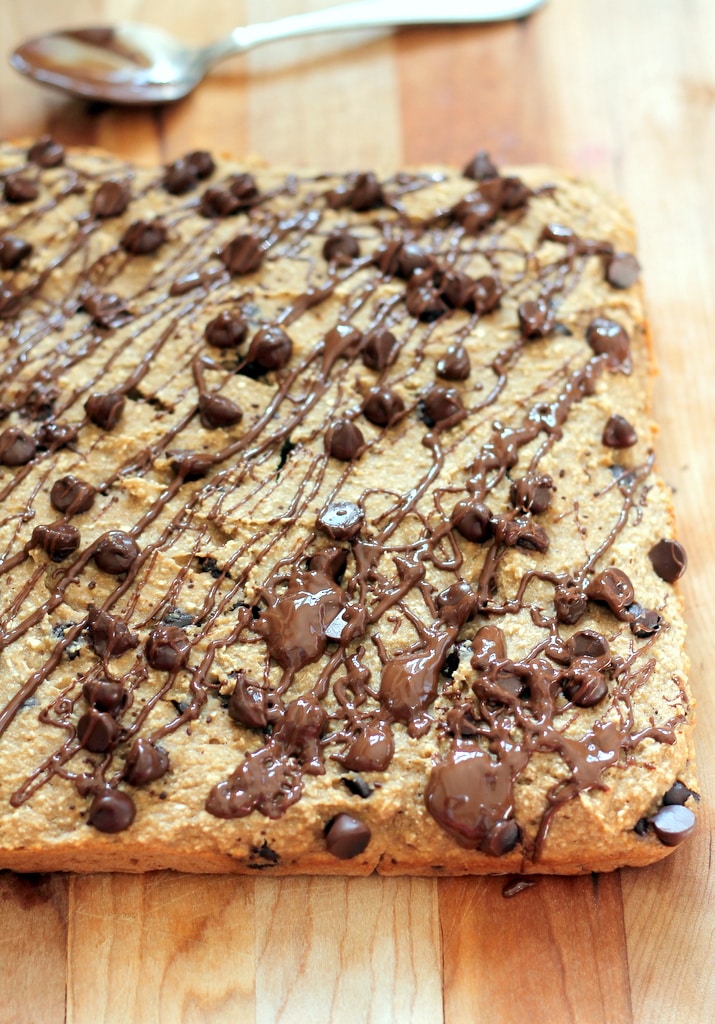
Chorizo Spinach Quiche
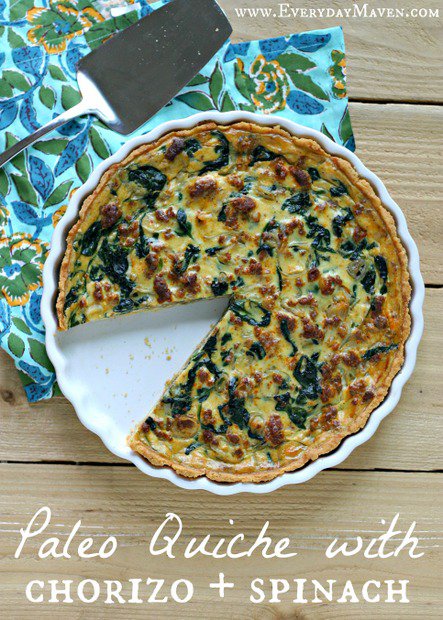
Oven Baked Ribs
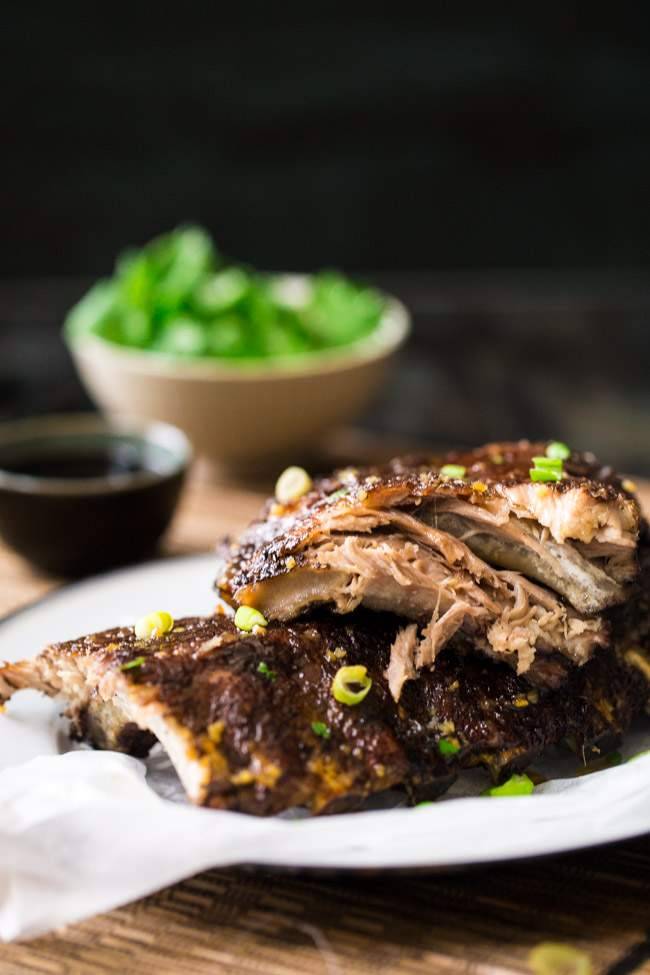
Skillet Beef Fajitas
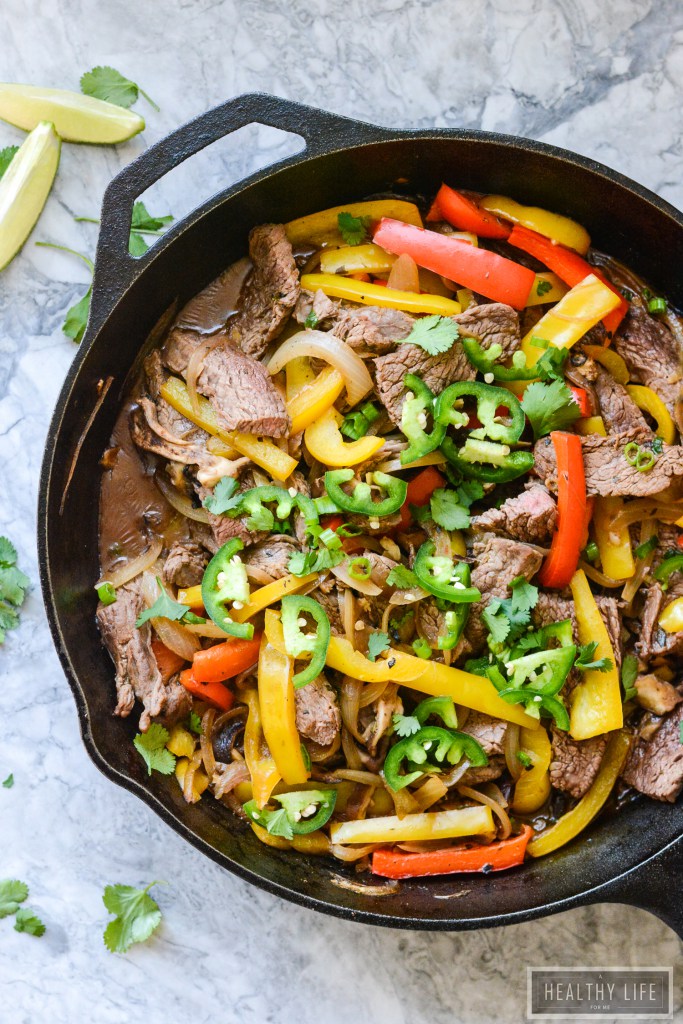
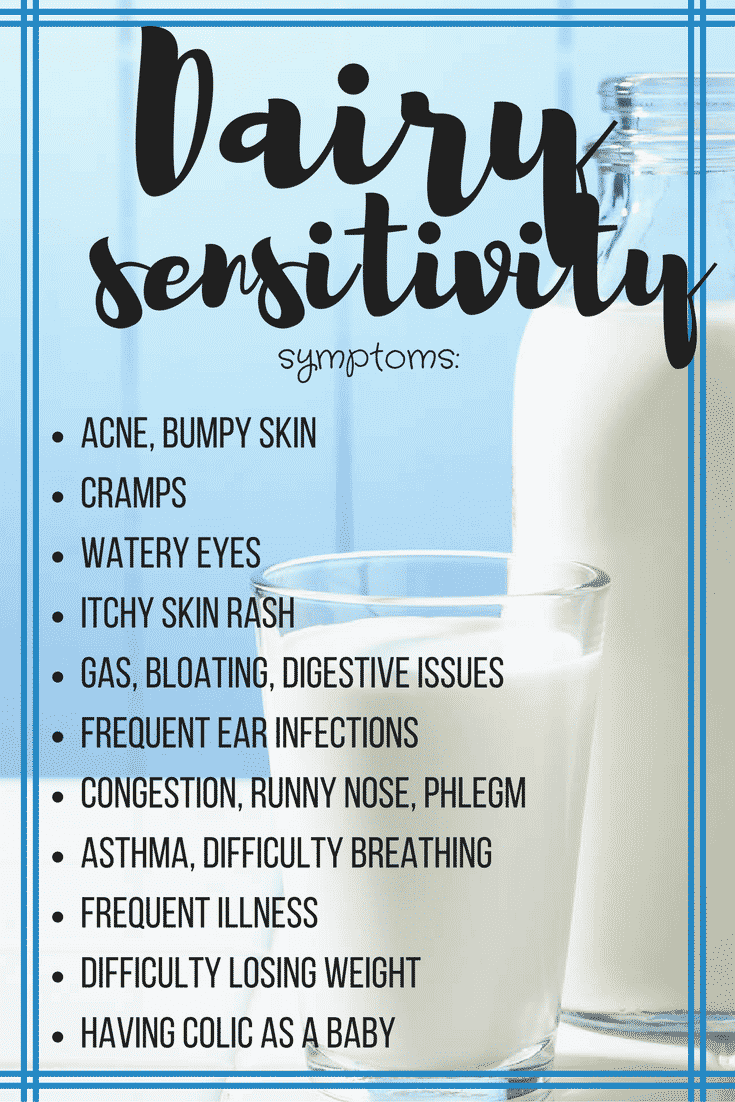
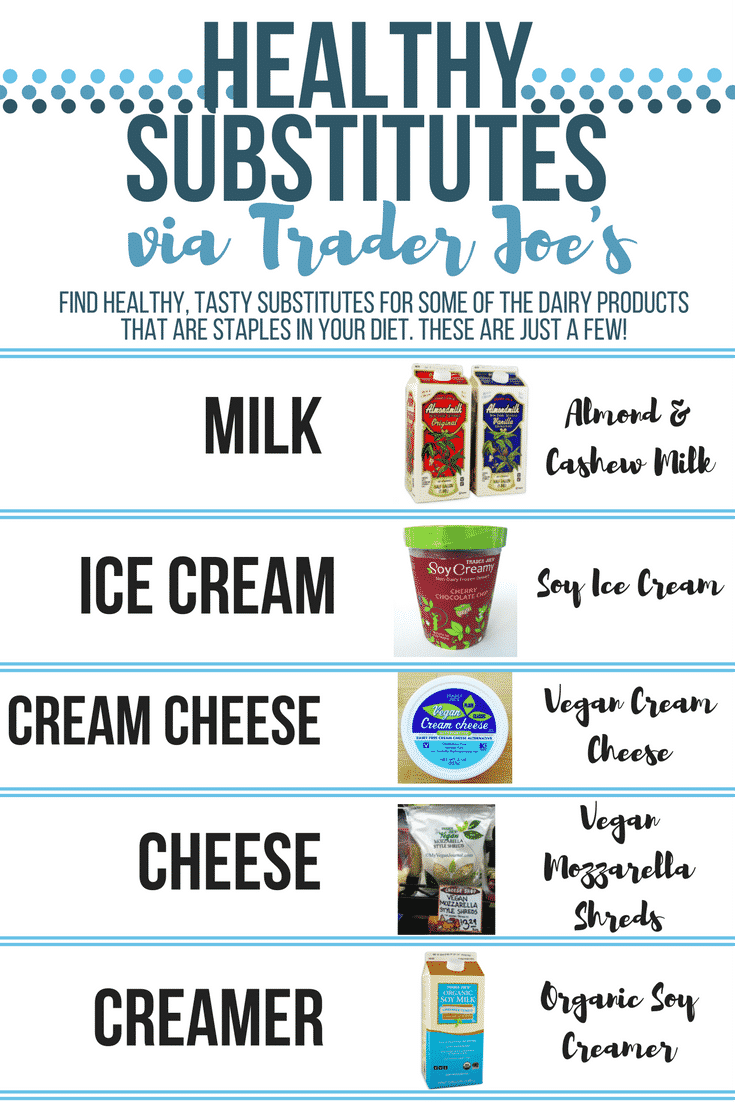
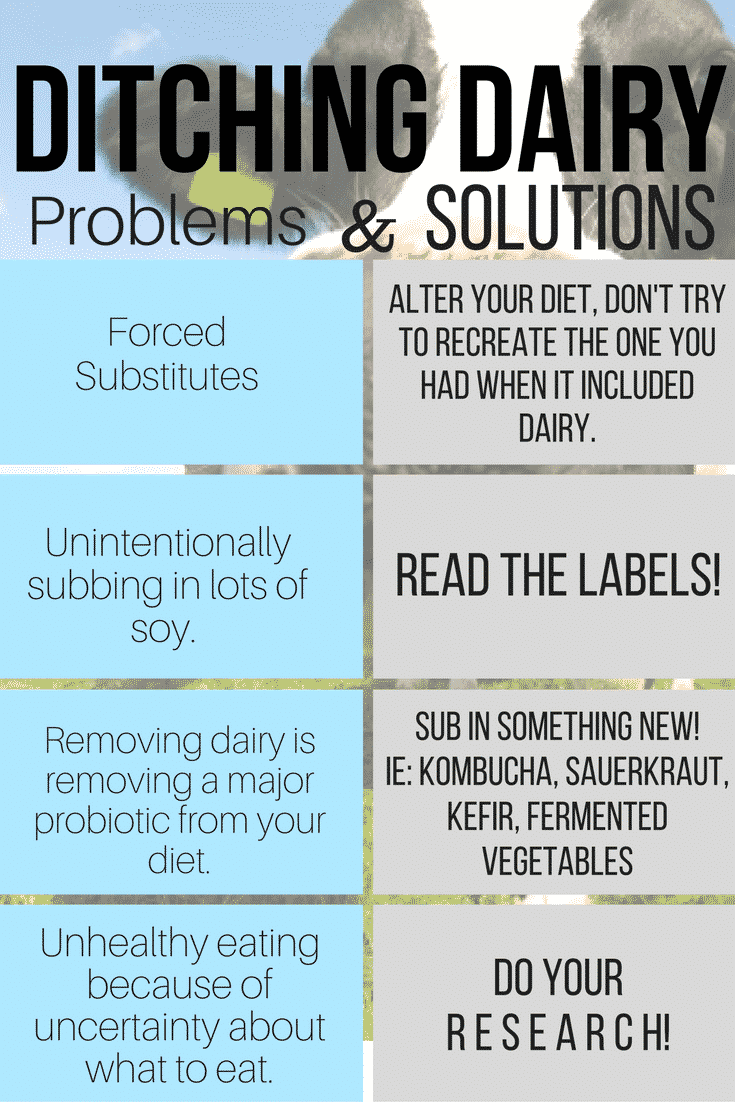


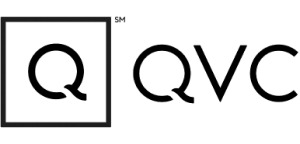
Please stop perpetuating the myth that there are antibiotics in our milk supply! Dairy farmers are not allowed to sell milk that has even a small trace of antibiotic in it! Also, synthetic hormones are used by a very small number of farmers as they are very expensive and not economically feasible for most dairy farmers.